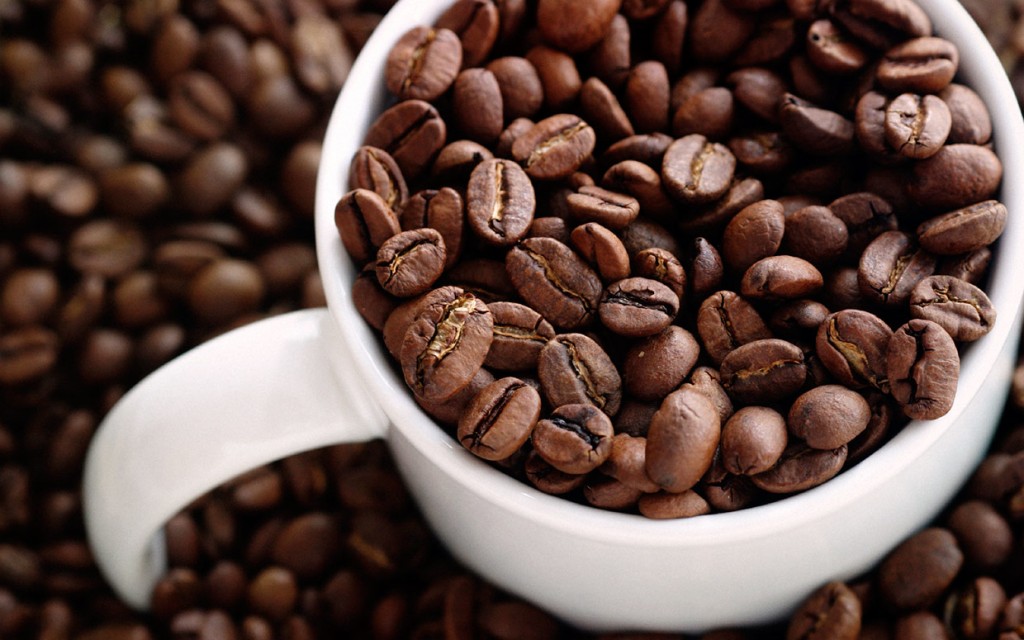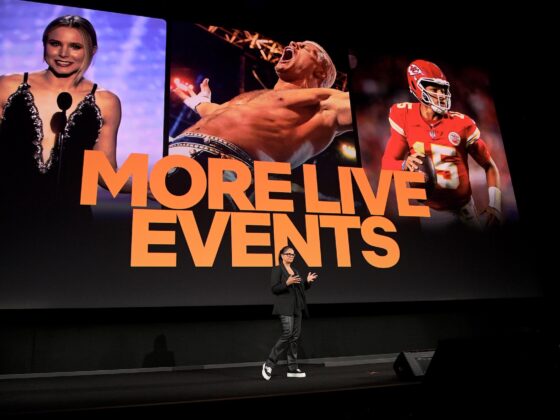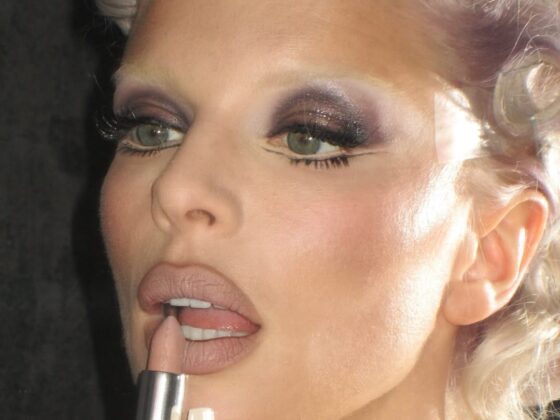You might not want to believe that your morning coffee makes you less efficient at work. It’s hard give up a habit. Especially one with actual addictive properties and benefits you can feel in terms of elevated alertness. So what makes it less of the stellar sidekick and more of a frenemy when it comes to fighting your way through your workload? View The Vibe takes a closer look at the side effects to drinking even a single cup of coffee…
It’s not just the long line at Starbucks that’s cutting into your efficiency around the office. If you’ve been relying on your morning coffee to get your blood pumping before you start hammering away at your keyboard and crossing off tasks like you’re winning a game of Battleship against exhaustion. You’re not doing your productivity any favours by fuelling up on caffeine.
ADVERTISEMENT |
Maybe our work-obsessed culture has ingrained North Americans to believe that a ritualistic morning java is key to jumpstarting your day at the office and getting an edge on the competition. In fact, knowing that the competition is likely getting a morning coffee too, you’re best bet is to beat ’em in the line at Tim Hortons. Our collective belief in caffeine’s performance-enhancing powers has led to where we’re at today with coffee nearly garnering “basic need” status on the Maslow scale. Plus having a Starbucks accessible on any given corner in any given city across the continent. Certainly we weren’t just fools to a corporate marketing scheme trying to sell us $5.00 offerings made from the inexpensive bean?
Coffee Does have Benefits but…
There’s no denying that drinking coffee has its benefits. After all, we feel its stimulating effects in our raised heart rates and cognitive levels. So much so that the sleep-deprived among us even rely on its stimulant properties to cancel out any grogginess. Migraine sufferers have been curing headaches with Colombia’s finest for years. Coffee’s beloved caffeine content does indeed set in within 30 minutes of intake, making you almost immediately more alert. But the shift to fifth gear comes with some fairly significant side effects that hit as the momentary rush wears off.
Even a strict adherence to drinking only a single cup a day still leads to withdrawal symptoms. Yes, withdrawal. Every mind-altering substance has them, no matter how subtle the mood shifter. While coffee’s comedown is not even close to being on par with that of hard drugs, the low is as low as the high is high with caffeine. Meaning the consequences are in direct proportion to the benefits. You’ll feel a grogginess comparable to the elevated levels at which you felt more alert. Lethargy steps in with as big a part in the play that is your work day as the focus that just left the building. It seems counter-intuitive to indulge in the official drink of overachievers. But knowing that there’s still the argument to be made that the withdrawal is the price you’ll pay later for a job well done now. Unfortunately, the gods of productivity don’t reward coffee drinkers with typical North American work-week jobs.
ADVERTISEMENT |
Coffee is an Enemy to the 8-hour Workday
Even if the setbacks are only minor and brief, the positive perks barely last long enough to have any significant impact on your work day beyond perhaps sounding extra chipper in the first couple of emails you respond to before the rush wears off.
New research from Johns Hopkins Medical School studied the effects of coffee on participants over a more significant period of time. They wanted to see if caffeine could indeed improve a person’s performance in situations. Like the eight-hour work day that demands efficiency for longer than just a spurt. After all, most of us have jobs that require our brains to be intellectual long-distance champs, exerting our energy in a controlled way throughout the day. Not in random bursts of genius followed by rest, like sprinters. Unless you’re Alex Trebek and you’ve got 22 minutes of high-intensity trivia time to complete your work day, chances are you’ve got to plan to stay focused and productive for a long stretch of assignments and meetings. For most of us, the brief arch in which you feel the effects –both positive and negative– of a single cup of coffee don’t make ingesting it worthwhile. Especially if getting through the work day was part of the rationale for drinking it in the first place.
Coffee: Give it up or suck it up?
There are some pretty serious perks to skipping the long coffee shop line. Even if you only spend $2.50 a day on your coffee habit, you’d save nearly $1,000 a year going sans cafe. Double that if your coffee’s name sounds more like a foreign language haiku than a hot beverage. While other people are busy spouting off the name of their signature elixir with specific instructions to baristas you won’t be behind them in line. That thought alone is a mood lifter in itself. It also allots you more time to get an actual headstart on the day before the rest of the pack files in. Since coffee is known to dehydrate, hitting the watercooler instead of the cafe offers you the opportunity to optimize your H2O intake. You’ll actually hit the eight required cups a day we all know we’re supposed to have to be pinnacles of health. Coffee is a little less predictable when it comes to the digestive system. Water is also more of an ally if you want to drink your way to impeccable skin.

Will you be giving up coffee after reading “Your Morning Coffee Makes You Less Efficient At Work“? Do you still think coffee’s benefits are doing you favours around the office? Let us know in the comments below or tweet us at @ViewTheVibe.
ADVERTISEMENT |







